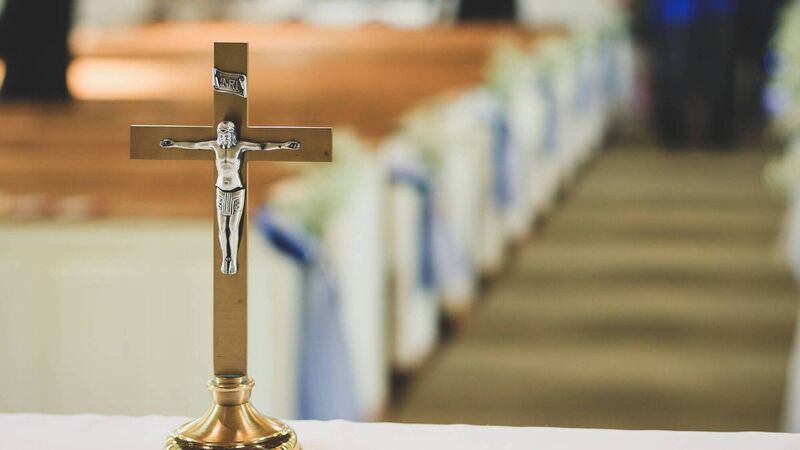Oireachtas committee proposals on assisted dying 'completely rejected' by bishops

The bishops said ending a life prematurely would represent a 'failure of hope'. File picture: Pexels
In a pastoral letter, the bishops hit out at recommendations, published earlier this year by a special Oireachtas committee, which urged the Government to legislate for assisted dying in restricted circumstances.













